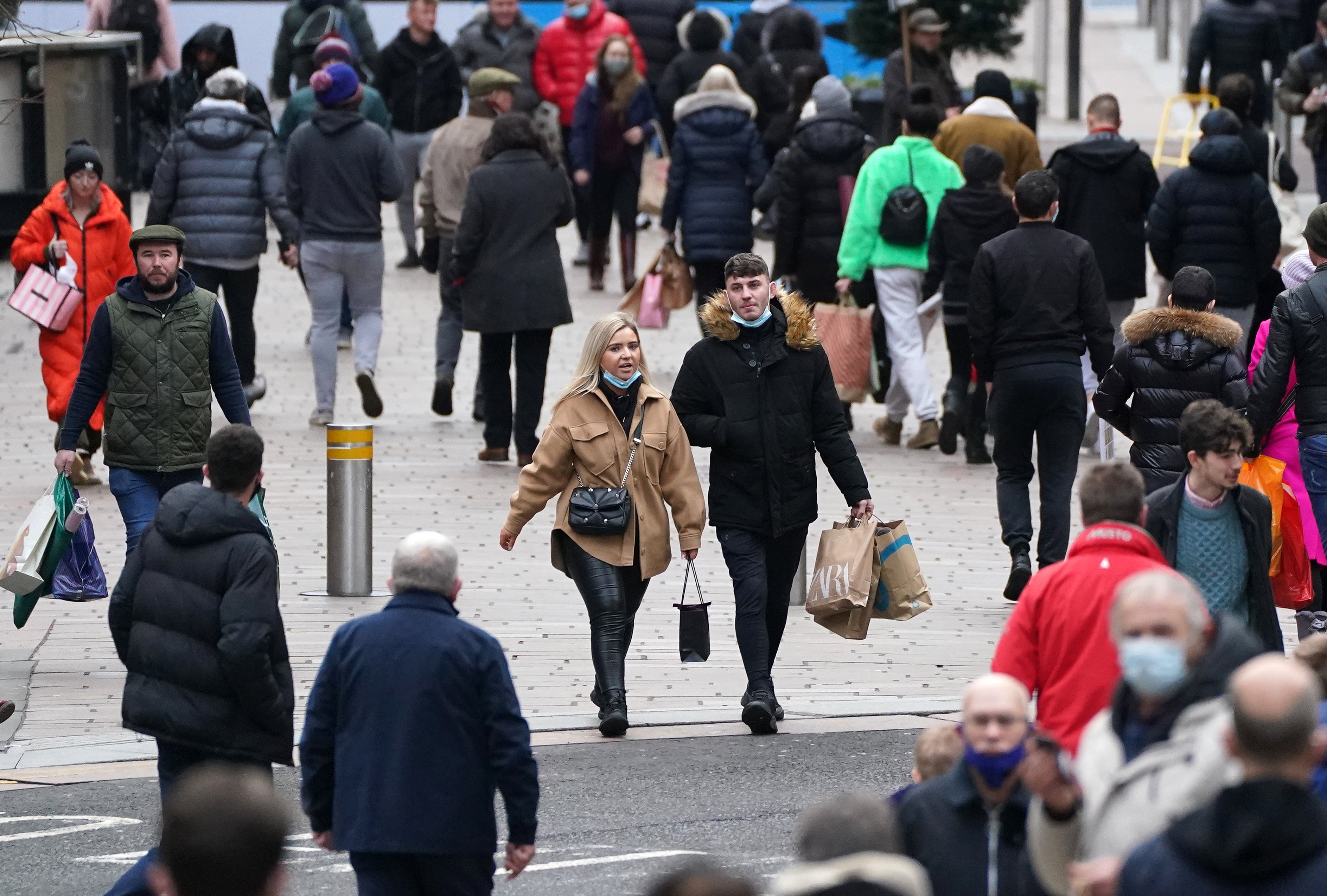Scottish business confidence drops as late payments increase, study shows
The Federation of Small Businesses found confidence is lowest in the retail and accommodation and food industries.

Your support helps us to tell the story
From reproductive rights to climate change to Big Tech, The Independent is on the ground when the story is developing. Whether it's investigating the financials of Elon Musk's pro-Trump PAC or producing our latest documentary, 'The A Word', which shines a light on the American women fighting for reproductive rights, we know how important it is to parse out the facts from the messaging.
At such a critical moment in US history, we need reporters on the ground. Your donation allows us to keep sending journalists to speak to both sides of the story.
The Independent is trusted by Americans across the entire political spectrum. And unlike many other quality news outlets, we choose not to lock Americans out of our reporting and analysis with paywalls. We believe quality journalism should be available to everyone, paid for by those who can afford it.
Your support makes all the difference.A third of Scottish business owners say that late payments from customers have increased in the last three months of 2021, according to new research.
This trend could see more firms in the country close their doors for good, warned the Federation of Small Businesses (FSB).
The latest Government statistics show that there are an estimated 338,000 small businesses in Scotland – a figure which fell by nearly 20,000 in the first year of the pandemic alone.
In the FSB’s most recent quarterly Scottish Small Business Confidence Index (SBI), up to one in 10 Scottish firms (12%) said late payments are threatening the viability of their business.
Scottish firms are being squeezed by rising overheads, ongoing public health restrictions, and servicing mounting debts
Figures also showed the vast majority of Scottish small businesses (82.5%) said they are battling rising input costs including fuel and utilities.
In the final quarter of 2021, FSB’s confidence index for Scotland dropped to -22.0 points from +1.2 points in the previous three months.
It found business confidence to be lowest in the retail and accommodation and food industries.
This means that more Scottish small firms now expect their performance to worsen over the coming three months than expect an improvement, the report said.
By comparison, the UK index fell to -8.5 points at the end of last year, meaning that a typical Scottish business is less confident about the future than the UK average.
The UK figure fell in every quarter over 2021, having stood at +27.3 points in Q1.
Andrew McRae, FSB’s policy chairman for Scotland, said: “Scottish firms are being squeezed by rising overheads, ongoing public health restrictions, and servicing mounting debts.
“To top it off, firms have to contend with the UK’s chronic late payment culture that’s deteriorated over the course of the pandemic.
“Thousands of Scottish businesses needlessly go under every year because of late payment.
“That’s why every UK big business should have a non-executive director on its board with direct responsibility for payment culture.
“That’s also why FSB backs moves to beef up the powers of the Small Business Commissioner to take on the worst offenders.”
FSB’s research is based on a survey conducted between December 2 and 13 .
On 10 December, First Minister, Nicola Sturgeon urged people to cancel Christmas parties, and outlined plans to renew Covid restrictions.
She is due to give another update in Parliament on Tuesday.
Mr McRae added: “Our research shows that the firms remaining are deeply worried about the future.
“The prospect of new public health restrictions at the end of last year not only snuffed out the optimism of many Scottish independent retail, hospitality and tourism businesses but also hurt their supply chains.
“As the Scottish Government looks to the future, ministers must focus on local economies as well as public services.
“The economic impact of the virus and the associated restrictions has taken a disproportionate toll on our small business community.
“Getting local and independent firms firing on all cylinders this year must be a key priority.”
The Scottish Government has been approached for comment.